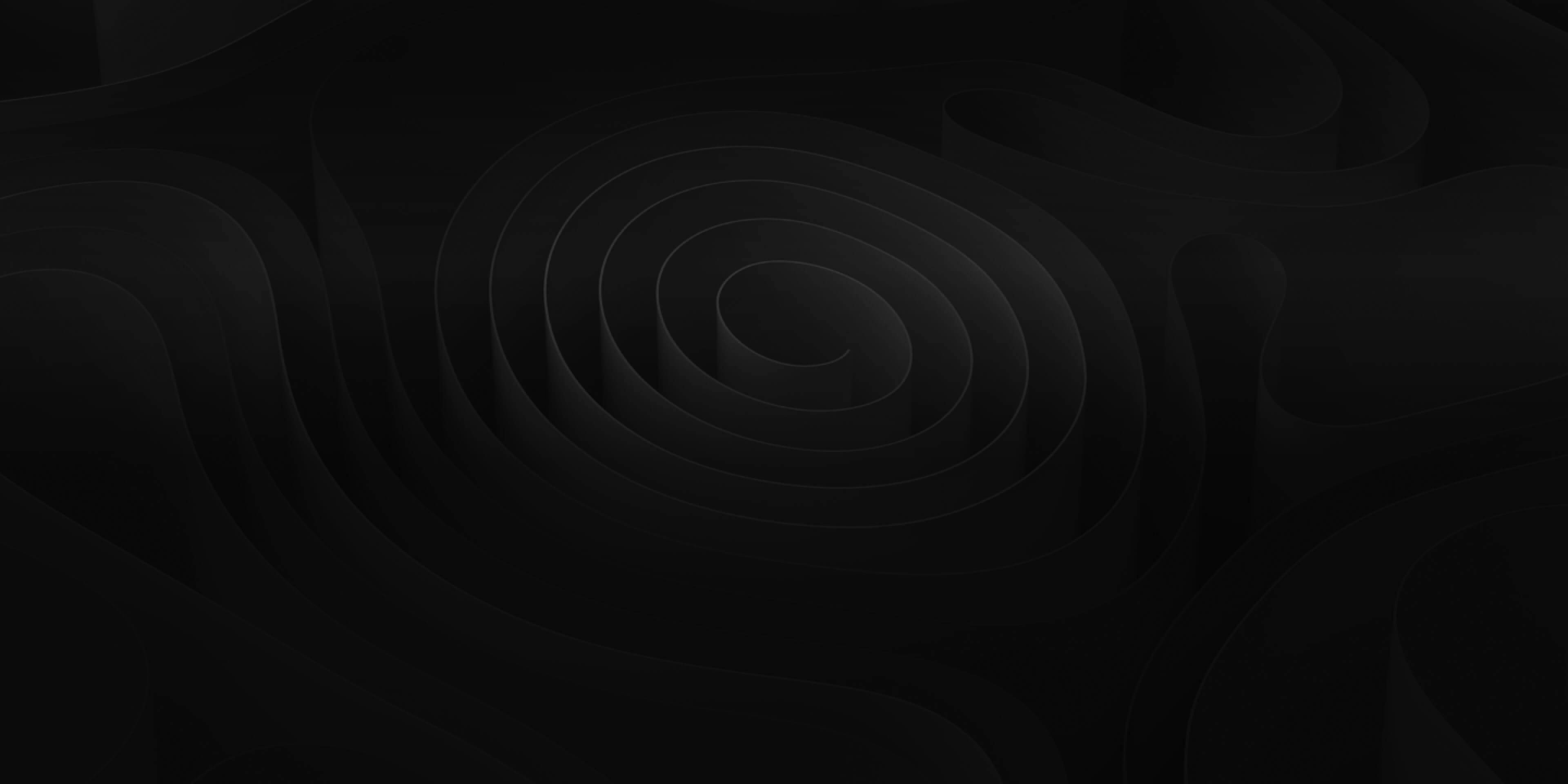
Timeline Toolbar
The Timeline Toolbar displays buttons for quick access to the most-used features.
![]()
Edit Tools
The four general editing tools in ADD. They are: Arrow, Cut, Fade, and Timestretch.

Edit Tools Shortcuts
- Arrow ( A ): Select and move regions.
- Cut ( C ): Cut regions.
- Fade ( F ): Apply a fade to regions. Currently all fades applied are Exponential.
- Fade In (⇧-< ): Toggles fades applied to the beginning of a region.
- Fade Out (⇧-> ): Toggles fades applied to the end of a a region.
- Time Stretch ( E ): Change the length of a region by altering the time of the file.
Versions Menu
Here you can save different versions of your composition. For more detail, read Chapter 5.9 Saving Versions.

Select Menu
Select regions or markers in the timeline window by category, type, or subtype. Use Case: There are footsteps on concrete, wood, and sand in your project but you only want to select the sand footsteps.

Snap
Adjust how the region snaps to the timeline grid. Either to another object, beat, or bar.

Playhead
Adjust how the playhead snaps to a region. Either the beginning, sync point, or end.

Replace Menu
Click the disclosure triangle to reveal controls to adjust the randomness level ,which dictates how close the Category, Sub Category, Type, Sub Type, Low Duration, and High Duration of the replacement sound is to the original sound. This is further explained in Chapter 7.1 Replace Settings. You can also simply click this menu button to replace a selected region in your timeline.

Metronome
Click the disclosure triangle to reveal controls to adjust gain, pitch panning, timing increment and sound type of the metronome here. You can also simply click this menu button to turn the metronome on and off.

Auto Scroll
When on (orange), the timeline window will snap to the current placement of the playhead during playback. When off (white), you will be allowed to move freely about the timeline without being snapped to the playhead during playback.

Sync marker: The sync marker option has two functionalities. When it’s on (orange), the marker will place audio in the timeline. When it’s off (white), a marker will be placed in the timeline ruler with no audio. In this case, once you layout all of your empty markers in the timeline, you can easily fill them with “Marker > Fill All Empty Markers” or by pressing (⌥⌘R).
Lock Sync Marker: When this option is on (orange), it locks sync markers to the timeline regardless of tempo changes. When this option is off (white), sync markers do not lock to the timeline regardless of tempo changes.

Quantize Triggers: When active this feature helps you place regions in specific increment alignment while the playhead is moving, based upon the Snap settings.

Tempo Stretch: When this option is on (orange), it changes the tempo of all audio regions using the global tempo. When it’s off, the tempo of each audio region will not be affected by the global tempo.

Global tempo: When the tempo stretch is off (white) the changes that you make in the global tempo will only affect the grid. When tempo stretch is on, it changes the tempo of all audio regions as well as the grid. The global tempo is set to 120 bpm by default.


Vertical Zoom Slider: This slider increases and decreases the vertical size of the tracks.(⌘⇧+ / ⌘⇧-)

Horizontal Zoom Slider: This slider increases or decreases the horizontal zoom of the timeline. (⌘+ / ⌘-)

Additional Timeline Functions: More detailed timeline controls and functions are covered in the following parts of the manual.
- Menu Items > Timeline
- Menu Items > Track
- Menu Items > Regions
